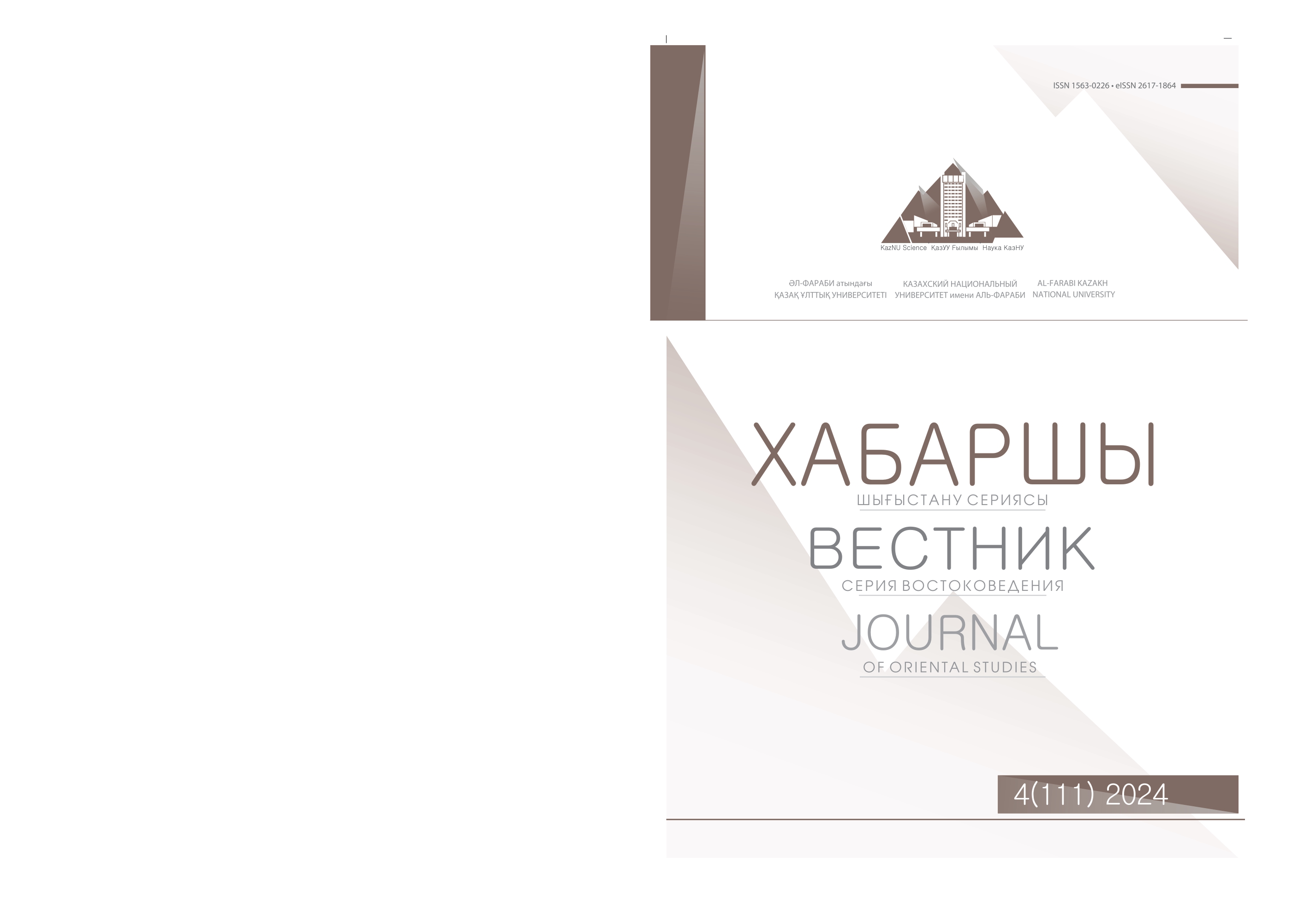PROBLEMS OF CULTURAL IDENTITY OF SECOND-GENERATION MIGRANTS IN JHUMPA LAHIRI'S «THE INTERPRETER OF MALADIES»
DOI:
https://doi.org/10.26577/JOS.2024.v111.i4.09Abstract
Among authors of the Indian diaspora, Jhumpa Lahiri, a second-generation Bengali migrant who settled in America, is one of the most talented writers with a distinctive subject matter and a unique writing style. Drawing on the life experiences of herself and her family, Lahiri describes in her works the fates of Indian migrants who left their homeland and came to a new country in search of a better life. The author's collection «Interpreter of Maladies», which was published in 1988 and won one of the most valuable awards in the world of literature, the Pulitzer Prize, also deals with the identity of Bengali migrants who moved to America. This article examines the collection's stories about second-generation migrants, raising issues of identity and how they are addressed. Being born in a land alien to their relatives but native to America, being brought up on Indian values but living in American society raises a serious question about the identity of the protagonists. In turn, this article attempts to analyze this issue of second-generation migrants through postcolonial studies.
The main purpose of this article is to understand the nature of hybrid identities and ambivalent relationships described by Jhumpa Lahiri's personal experiences and which are unique to these second-generation migrants. The article calls for a fresh look at the topic of migrant identities in diasporic literature, from the perspective of generational difference and second-generation identities. The research methods of literary studies, such as biographical method, cultural-historical, historical-genetic methods were used in writing the article. And also, psychoanalytical method was used for deeper understanding of characters' identity problems.
Key words: Jhumpa Lahiri, Indian diaspora literature, hybrid identity, belonging, second generation migrants.














